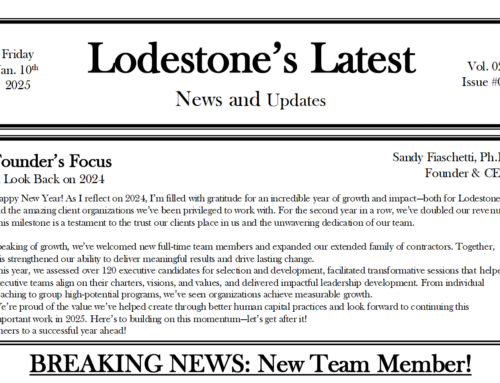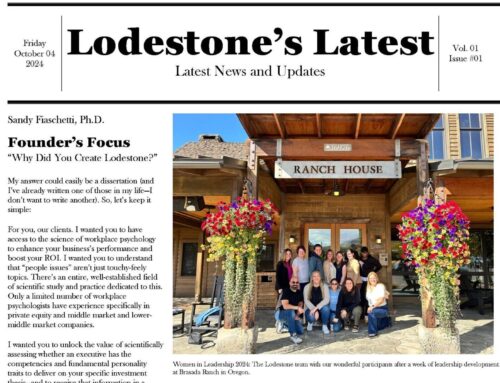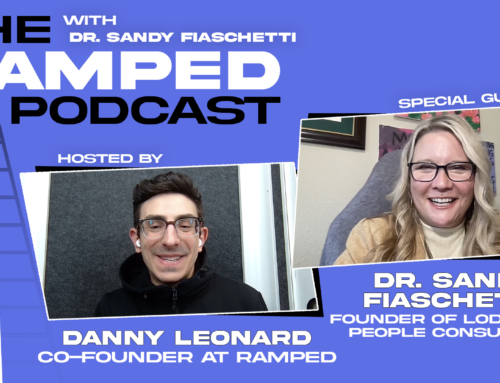
This old proverb has a few potential meanings. In the case of New Year’s resolutions, it could mean that it is not enough to simply make a resolution, but rather, one also must take action to see that resolution through. A good intention is meaningless unless it is followed by good action. Many people (myself included!) have a conscience that tells them what the right thing to do is in each situation, but they give in to laziness or selfishness and do not follow through.
Like most of us, I am one month into my New Year’s resolution. I can honestly look at my Fitbit and say, yes, well done Martin, you are 6 pounds away from your weight loss goal and you have improved the quality of your sleep. However, the end of “Dry January,” for me was not as dry as I had imagined or desired. The quality of the weight loss and sleep improvement was affected by the nature of the nutrients not consumed and the emptiness of some of the ones consumed (that is, by wine and not grapes or other fruits). This forces me to examine what I am not doing—I don’t track food consumption habits into my app as I find this too arduous; I also don’t have a weight loss coach. While my gym attendance did go up and I am making process toward my goals, if I really want to make good on my goals it is time to closely examine my process, and doing so individually, without a coach, is a far more difficult road.
Intentions are mindsets and actions often do not measure up with intent. What helps to realize the intent is concrete goals that indicate manifestation, a detailed plan to establish habits and skills to reach those goals, and support from others who are tuned into you and really want to help you to thrive.
In parallel and lucky for me, I currently am coaching a few executives whom I want to help thrive. Each has a clearly focused gameplan that began with intention and was established through the development of a detailed and cumulative plan, designed to ensure that the intent is realized.
Resetting for the New Year with aligned and committed teams focused on shared values and coordinated plans and actions is currently being realized by two of the executives that I am currently coaching. These two executives not only want to make a difference, but are moving forward in different ways, on different paths, with different focus areas given their needs for skill enhancement and the needs of their business. One is an altruistic and intelligent strategist with conflict aversion who was recently promoted to the executive team. She has taken action to reset her team by replacing two of her senior-level members who were not aligned or ready to contribute with impact. The other is a creative, impatient, and improvisational executive who took action to acquire talent from the outside. (He has already onboarded this new talent into the team with proactive conscientiousness, facilitation, support, and attention.
Both executives report that the coaching on prioritized actions and fulfillment have made a big difference in keeping them on point and on-time as each goal required careful calendar management, meeting preparation, and execution. Coaching agendas addressed both the situational needs and the emotional needs for each of these executives.
That’s what executive coaches do—they show up in the world of intention. A world that can be a fleeting mindset. It is a great pleasure to help well-intended leaders to operationalize mindset through skillset, planning, and actioning and to do so with a company that balances human needs with science and commerce. And then to toast their success with some wine. Or perhaps—better for my own intentions—some kombucha!




